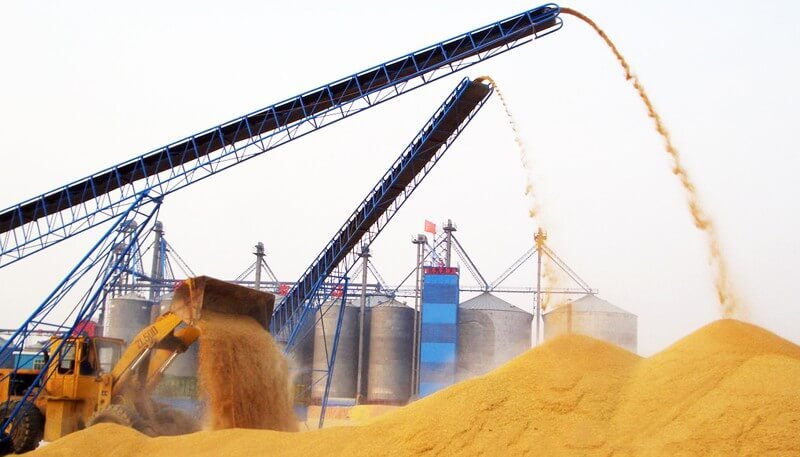Thailand’s ban on three chemicals used in farming that its government deemed hazardous could threaten imports of American agricultural products into Thailand, a U.S. government official said in a letter sent ahead of the ban ….
Thailand’s National Hazardous Substances Committee on [October 22] voted to ban the use of three “hazardous chemicals”, including paraquat, glyphosate and chlorpyrifos, often found in pesticides or insecticides.
The ban, which will take effect on Dec. 1 …. bans production, import, export, transfer or possession of the listed chemicals.
The ban itself doesn’t extend to agricultural products, but groups of Thai farmers protesting the ban are also calling for Thailand to ban all imports of crops from countries where the chemicals are used ….
U.S. Department of Agriculture Undersecretary Ted McKinney asked Thailand to “postpone action on glyphosate” in a letter to Thailand’s Prime Minister Prayuth Chan-ocha ….
…
The United States exported $593 million worth of soybeans and $180 million of wheat to Thailand in 2018, according to data from the U.S. Department of Agriculture (USDA).
Read full, original article: U.S. protests Thailand’s chemical ban would hurt crop exports































